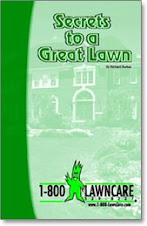
Fleas and Ticks are common in our region during the humid to hot months of the year, although they can be around much of the year, you may tend to see them more as the end of spring approaches or at the start of summer.
Understanding how best to handle these pest can be no easy chore, fleas and ticks are blood feeding insects, known to invade the common house pet, livestock or native animals. They can carry disease and left untreated can pose a huge threat to your pets. Fleas and ticks go about their life cycle trying to find a host, not typically feeding on humans, however, they can bite and cause rashes, another reason to effectively treat them.
During the day one flea can bite your pet more than 400 times and lay hundreds of eggs, they eat three times their body weight in one day, their saliva can cause skin problems for pets and ticks can carry a whole host of deadly diseases. So when and how do you effectively rid your environment of these pest?
From now till the fall, a common insecticide application outdoors can be the first step, spraying your yard, surrounding shrub areas, and foundation is a good start, in conjunction with this application the homeowner should treat their pets and indoors as well, giving the little vermin no place to reside.
Then approximately 7-10days later apply the same process again to kill any eggs or hatch lings left over. This process seems to help eradicate fleas and ticks, with the combination of outside and inside insecticide treatment, treating your pets with either a collar, flea dip or other applied medications can finally rid your home environment. Call Lawn Tech today to have us professionally apply flea and tick spray, we will work with you to come back and follow-up with second application, helping you effectively kill your flea and tick problem.
visit us today at www.lawntech.com
*Click on the title of this posting to find out more about fleas and ticks.







